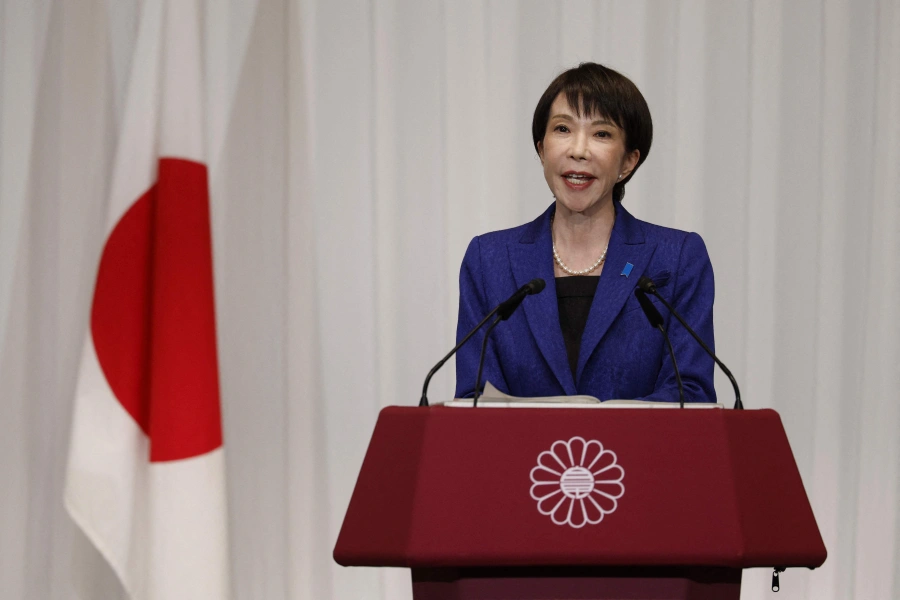Mother, Manamaya, wanted to abort the fetus when she knew the unborn was female in her pregnancy. I don’t think her unconscious mind had internalized another baby boy. Having been in the conventional society, she by then was convinced that daughter would as well be her support in her old and hard times. She was just literate, knew reading some verses and jotting down her name, and no more than that.
Innocent mother, she went to the local doctor available in the region to get the medicine for miscarriage, the doctor instead gave her some vitamins to boost up her immunity power. A few weeks later, when she reckoned the allopathic medicine didn’t work given by the doctor, she tried some herbal medicine to desert the unborn but she was the child of destiny. This tedious act had nothing to do with it. She was to be born anyhow.
The doctor later informed her that he did so because he considered the lean and thin body of the mother, not what she was intending at that time. He knew most people’s conditions in the village. He thought about the risk in her life, having given birth to four other children before. She had never explained how her second child passed away prematurely. Poor nutrition was the main culprit at that time.
Child labour, child marriage still rife in Dang

The medicine and the deeds had ridiculed the mother; they did not harm the fetus despite her several attempts of absconding. Instead of working as venom, the medicine served the role of elixir.
This, yet unborn inside her womb, was her fifth. All her attempts, not to let her see the world, failed. I think this was neither the act of her cruelty nor the product of a patriarchal society. Rather, probably this was her infinite love for the unborn. She did not want her to suffer like her and her other siblings. It was really a tough time in her life. Her slightly caring husband was unconcerned about this psychological trauma to his wife. He would always delay dallying.
Sometimes, she even thought of ending her life but the siblings (unknown about what was happening to their mother) were her living inspiration. Their babbling talks, soothing voice, and innocent faces were her strength. She would console herself with motherly love. She did not have the grievances since she knew the situation would not favor her.
Destiny treats everybody equally. She, (the unwilling child) “Kanchhi,” was born, robust, pulpy, and sound. She was not the incarnation of any goddess but her birth brought bounty to the family. She was the lucky charm for everyone. In a sense, she was a fortune-turner. Life in the family came into the rhythm after her birth. Even the villagers who were unwilling to support before paid courtesy. They made frequent visits to Kanchhi’s home. As they came, they would always have something for her. The remote house by then had been vibrant. The other three siblings were amazed and puzzled by the hospitality offered by the villagers who were so indifferent before.
Her father by chance or by miracle had turned responsible. The changes seen in him were unimaginable. He would carry her on his back wherever he went. The bonding between them was an angelic miracle.
Her schooling began in the remote village of Nepal, where she was born. She proved the worth of her birth with her excellent academic performance. She was decent and serving by nature. She was brought to the city for her middle school by her brother “Jetha” who was diluted in the city seeking his destiny. It was just two years of her dwelling in the city then she was sent back to the village again. The buzzing city was squeezing her brother’s youth.
She never experienced all the discomfort as her two elder sisters, and her brother, Jetha. Jetha is a middle-class person in the metropolis now and optimistic about the hilarious change in his life. His family turbulence, which still shocks him, was his great master. Hardships in life have their meaning. He now knows patience with determination works.
She is now in her mid-twenties, a registered nurse, and a globetrotter. The angelic lady is never devoid of her responsibility and possesses a humble character of childhood. She is settled in a foreign country, married to a boy of her like, finely educated, and well informed, with a keen sense of understanding of the world that surrounds her but does not yet know that she is the child by destiny not by earnest attention.






































